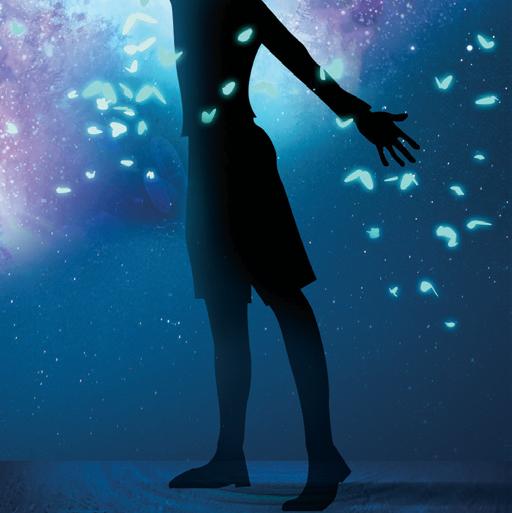
4 minute read
How travel connects to the classroom


Travelling creates stronger teachers and, in turn, stronger students.
Studies continuously show that travel improves academic performance. Moreover, there are learning opportunities for students before, during, and aft er they return from an overseas school tour. For teachers, travel is professional development at the highest level. Travel brings lesson plans to life for classrooms, and the benefi ts are shared by the entire school community.
Learning about your destination
Before you travel, there are endless academic opportunities available for students to explore their destination. From key moments in history, to the music that found its beat in that particular location; each destination holds a vault of information. Students travelling to Rome can learn about ancient history and some of the most prominent sites before their trip so that when they arrive, they can delve even deeper into the topics that interest them. Humanities classrooms can explore the literature, sociology, and language of a destination. On the other hand, science classrooms can study the plants, animals, and geologic features of the region they decide to visit. Use your tour as the sett ing for your next great lesson plan.
Image courtesy of WorldStrides
Walter Doyle
WorldStrides
Developing research skills
Research skills have become entirely digital for many of our students. So, take the learning offl ine and have students prepare questions for your local guides before you travel. Your students will be collecting primary sources that will reinforce their research. Take it to the next level and have students interview a local while on-tour. In doing this, students will understand the value of authentic resources, learn about ethnographic research methods, and how the secondary sources taken off the internet don’t always tell the full story.
What can students research?
Use your itinerary to create a list of research topics, or have your students strengthen their intellectual curiosity skills by creating their own thesis statement.
Strong writing takes practice
Writing by hand may seem tedious to some, but the slow process gives your brain time to process the information. Have your students respond to refl ection journal prompts each day to recount the experience by hand. Each student will create a narrative that makes sense to them, instead of the verbatim note-taking habits they sometimes fall into. In doing so, you will be helping students increase both reading comprehension and literacy as the brain must actively engage with what they are writing. These small snapshots of their experience can roll into a larger, cross-curricular assignment aft er tour in the form of a short story, presentation, artistic, or multimedia project. Students can teach their classmates about what they found especially interesting; they love being the experts!
Civics in the digital age
Our students seem to know their way around a phone or a computer bett er than we do, so let them use those skills for good. During a travel program, mobile devices can help students complete a scavenger hunt or conduct research on the fl y. Give students a specifi c topic to capture, or collectively get behind a specifi c cause, theme, or event. Deepen the learning experience by limiting the time students have in which to capture the necessary content at each destination. This keeps them off their phones the entire time but still gives them space for at least one good selfi e.
Lesson plans come to life
When teachers travel, it shows up in their lesson plans. The amount of information available can seem overwhelming at times, but allowing educators the time and opportunity to explore their passions further can only heighten the learning that takes place when they return.
Teachers capture the information shared on tour in a number of ways and use the experiences to create context for their instruction. By sharing experiences with students, you open the world to the entire classroom. Students may be unaware of how diverse and information-rich the world is, and fi rst-hand experiences help broaden that perception. Primary sources, whether in the form of photos or video, motivate students to collect their own meaningful sources and seek out travel experiences of their own.
Regardless of what grade level or subject area you teach, your tour and classroom instruction can work hand in hand. You will be creating a unique learning experience for all your students; one that will stay with them for a lifetime.

















